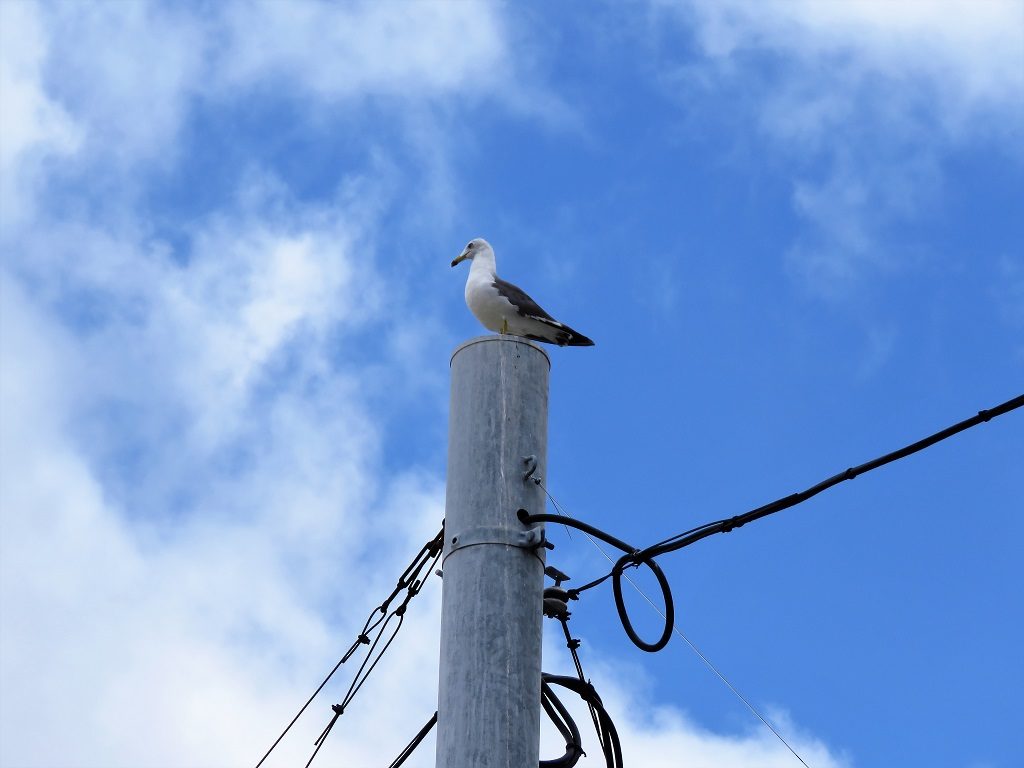The Statement Spotify Will Never Issue
Joni Mitchell has joined Neil Young in demanding that Spotify remove her music from its platform, in protest against Joe Rogan’s podcast, which discusses the Covid-19 pandemic in terms that do not perfectly align with the Biden administration’s official statements. Since Young and Mitchell are both Canadian by birth and upbringing, it is not surprising that they are so quick to favor authoritarian methods to stymie independent thought. And since both are icons of the “counterculture” of the 1960s and 1970s, it is equally unsurprising that they are both, when push comes to shove, willing pawns of leftist government orthodoxy and haters of genuine free speech. (More on this in my earlier article on the topic.)
Supposedly, a few more musicians have joined this pro-government protest against alternative opinions, pop stars being nothing if not bandwagon hoppers for attention, of course.
Spotify, so far, has made the reasonable decision to grant Young’s request, by removing his music from its platform, while defending the choice to maintain Rogan’s podcast. If this pro-government protest movement gets enough media attention to build some public support, however, it is not inconceivable that Spotify will eventually fall in line with the progressive authoritarian zeitgeist. Even in their official statements about the situation, they have been mealy-mouthed, arguing, apologetically, that Rogan’s podcast “misinformation” about the pandemic did not rise to the level of violating the company’s policies, rather than arguing, unapologetically, that Young, Mitchell, and the rest of the sanctimonious authoritarian hippie mob can take their anti-free-speech thuggery and shove it.
This will never happen, but if Spotify had any dignity, or a genuine set of principles to stand on (rather than merely calculations of profit and loss), they would issue a statement along the lines of the following.
(Disclaimer: This statement was written by me, not Spotify, and is offered here only for the amusement of my readers. However, if representatives of Spotify should happen to visit this website and ask for my permission to use the following as their actual company statement, I would consider it, for the right price.)
Neil Young, Joni Mitchell, and other musicians have requested that Spotify remove their music from our service, on the grounds that Spotify allows some podcasters who espouse views regarding the Covid-19 pandemic which dispute some of the official statements and policies promoted by American and other international governments. Those musicians are free to make this decision, and we respect their wishes regarding the use of their content. We do not, however, accept the premise of their ultimatum, or regard their actions as reasonable or responsible, taking all the relevant factors into consideration.
Young, Mitchell, et al, imply that good faith discussions of public issues should be treated as unacceptable and barred from the public square, if the participants in those discussions happen to dispute certain official positions of government in a manner that, in the opinion of Young, Mitchell, and others, might, if accepted, inadvertently and indirectly endanger public health. At Spotify, we believe individual citizens and content consumers have the intelligence to form their own reasoned judgments after hearing alternative views, and that the systematic removal or rejection of all good faith discussion of public issues in which the participants express views not approved by government — especially public issues of the greatest importance — would constitute turning Spotify into a de facto agent of government orthodoxy, and thus a defender of the authoritarian concept of “official truth.”
Young, Mitchell, et al claim that the expression of alternative views on this important public issue threatens the well-being of many people. Spotify believes that the denial of good faith discussion on important public issues constitutes a rejection of the principle of free speech which is essential to any reasonable understanding of human liberty, and that any move away from liberty, and toward the tyrannical notion of “official truth,” would threaten far more lives, far more directly and intentionally, than would any potentially incorrect opinions that might be expressed about the pandemic. We wonder how Young, Mitchell et al would feel about this issue if the situation were reversed. What if the government’s official position were that modern popular music is damaging the mental and emotional development of millions of children, and the government therefore recommended that all such music be denied to the public? Would Young, Mitchell, et al comply with this official position? How would they feel if podcasters on Spotify demanded that their content be removed from our service unless and until all rock and pop musicians were denied access, on the grounds that government experts had determined that such music was harming millions of children?
At Spotify, we believe there is no perfect world, and that humans are fallible and inevitably in error about many things. Our policy aims to promote the widest possible range of open, good faith discussion and sharing of opinions about matters of societal significance and interest, because we believe this is the best way to ensure the growth of knowledge and the protection of human freedom in the long run. Individuals who value unquestioning government compliance over open discussion among private citizens are free to do so. We will continue to represent the position that open discussion must never be sacrificed to the principle of omnipotent or omniscient government.
Post-script: Spotify, as I see from a brief search, is a Swedish company. Sweden has, of course, maintained a relatively measured and liberal (in the proper sense) approach to the pandemic, right from the outset, thanks in large part to the good fortune of having had more rational, less alarmist, and also less tyrannical, public health officials in place at the time of the outbreak. Perhaps this helps to explain why the company is less inclined than certain major American internet giants to simply fall in line with the comply-or-be-cancelled mentality that has become the norm in the United States.



